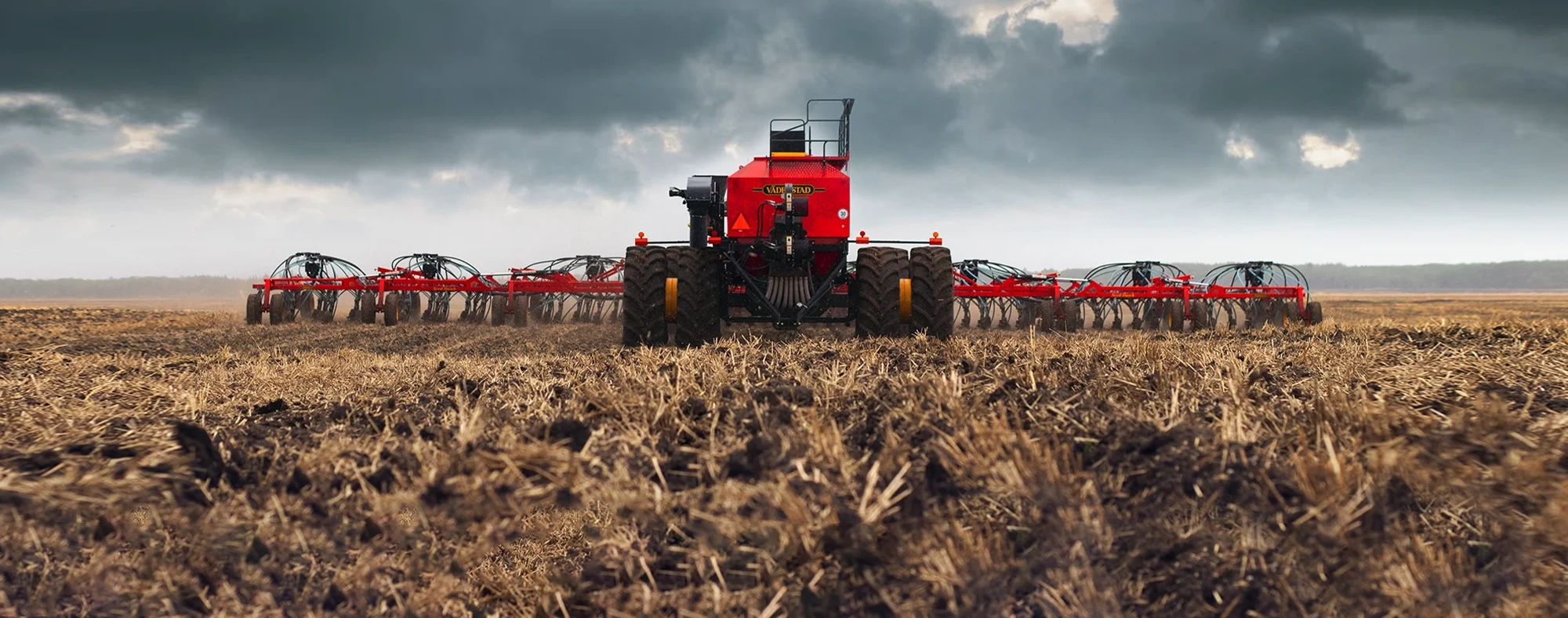Where to Get Concord Parts?
Väderstad Discontinues Concord Brand
Väderstad has announced the discontinuation of the Concord brand. Beginning with the 2024 model year, Concord equipment will no longer be sold or manufactured. Instead, a selection of its products and design elements will be incorporated into the Väderstad air seeder lineup in the near future.
In May 2021, Väderstad acquired AGCO-Amity JV, which included the Concord, Wil-Rich and Wishek brands. As a result, Väderstad, Inc. was formed, making its headquarters in Wahpeton, North Dakota. Since the acquisition, Väderstad gradually began the process of integrating the Concord brand into the Väderstad family of products.
“We’re ready for the next step of our strategic plan for the Concord brand,” said Jason Strobbe, VP Sales and Marketing, North America. “We’re proud of Concord’s rich history, but the future is even more exciting. Concord customers and dealers have much to look forward to, including the reintroduction of some popular products — just under a different brand.”
Väderstad and its dealers will continue supporting past Concord customers with parts and service.
Concord Manuals Updates from Väderstad Dealer Portal
About Väderstad
Väderstad provides modern agriculture with innovative, highly efficient agricultural machinery and methods. By simplifying work and improving results for the farmer, the company's vision is to become the world's leading partner for outstanding emergence. The group is family owned with the head office located in Väderstad, Sweden, and additional manufacturing sites in Overum, Sweden; Langbank, Saskatchewan; and Wahpeton, North Dakota. Väderstad is represented in 40 countries and on all continents. In 2022, Väderstad had 2,000 employees and annual sales of $597 million.
Copyright 2024 - Väderstad Inc. - All rights reserved. - Legal Notices

